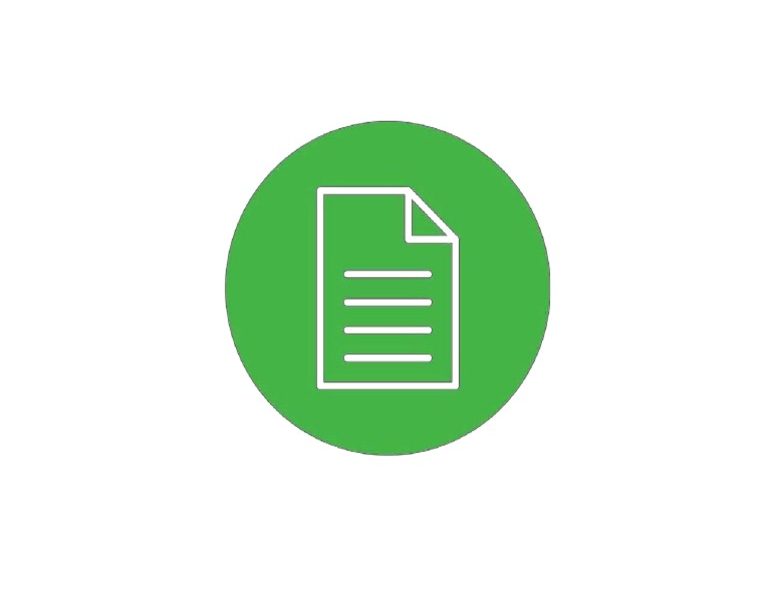Understanding the Deloitte Well Being Subsidy Initiative

Importance of the Deloitte Well Being Subsidy
In today’s rapidly evolving work environment, employee health and well-being have become paramount for enhancing productivity and overall job satisfaction. Recognizing this need, Deloitte has launched its Well Being Subsidy initiative, aimed at fostering a healthier workplace culture. This subsidy is designed to assist employees in managing their physical and mental health expenses, making it particularly relevant as organizations adapt to the challenges posed by hybrid work models.
Details of the Well Being Subsidy
Deloitte’s Well Being Subsidy intends to provide financial support to employees for various health-related expenses. According to company representatives, the subsidy covers benefits such as gym memberships, mental health services, wellness programs, and even nutritional counseling. This diverse range of offerings allows employees to choose the best options that suit their individual wellness needs.
The subsidy is also intentionally adaptable, encouraging employees to prioritize their health in line with personal circumstances. Recent surveys conducted within companies have shown that organizations that invest in employee well-being see significant improvements in employee morale, retention rates, and productivity, which are critical factors for sustaining business growth.
Employee Reception and Benefits
The response to the Well Being Subsidy has been overwhelmingly positive. Employees have reported feeling more supported in their personal health journeys, leading to higher engagement levels at work. Not only are workers feeling more cared for by their employer, but they are also more likely to recommend Deloitte as an employer of choice. This initiative has allowed Deloitte to position itself as a leader in promoting workplace wellness, which is increasingly becoming a competitive advantage in talent acquisition.
Future Directions for Workplace Wellness
As companies continue to navigate the complexities of employee well-being, Deloitte’s Well Being Subsidy may serve as a model for other organizations aiming to enhance their wellness programs. Experts predict that as awareness around mental health issues grows, more companies will adopt similar initiatives. The long-term success of such programs is contingent on ongoing support from management and a genuine commitment to creating an inclusive workplace that prioritizes health and wellness.
Conclusion
The Deloitte Well Being Subsidy initiative not only reflects a trend towards valuing employee health but also addresses the urgent need for companies to invest in their workforce. As businesses adapt to a post-pandemic world, flexible and innovative benefits like the Well Being Subsidy are vital in retaining talent and ensuring a motivated and healthy workforce.









